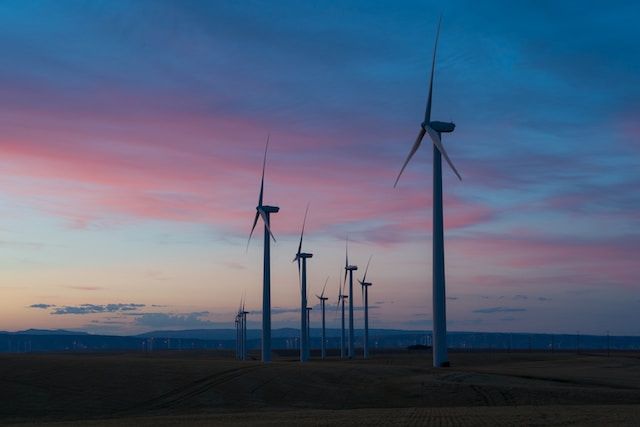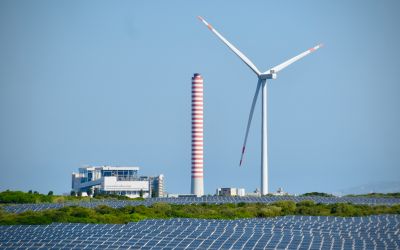Analysis looks at the remaining carbon budget and the need for immediate attention to policies
A recent analysis reveals that the worlds Remaining Carbon Budget is now only half of the estimate from 2020.

A recent analysis reveals that the worlds Remaining Carbon Budget is now only half of the estimate from 2020.
The remaining carbon budget (RCB) is used to explain the net amount of C02 that humans can continue to emit without exceeding a certain global warming limit and is often used to assess and evaluate actions in line with the Paris Agreement. With this RCB there is a given probability that also takes into account the effect of other anthropogenic climate forcers.
A recent analysis looking at the RCB assessment by the IPCC and other recent data, shows that the new figure for the remaining carbon budget is half the size of the estimated figure from 2020 and it would be completely used up within six years of emissions if we are to continue at their present rate.
The study determined that there is approximately 250 billion metric tons of carbon allowance left to maintain a 50% probability of limiting the global temperature increase to 1.5 degrees Celsius. Current global emissions are projected to hit an all-time high this year, reaching around 40 billion metric tons. To uphold the 50% likelihood of staying within the 1.5-degree limit, emissions would need to rapidly decrease to net zero by 2034, a much more ambitious timeline than even the most extreme scenarios suggest.
With the UN goals of cutting emissions in half by 2030 and reach net zero by 2050, this analysis highlights the need for changes to be made to current policies that are clearly not performing at the standard required to reach these goals.
As the upcoming UN Cop28 climate summit in the United Arab Emirates draws near, it is anticipated that contentious debates will arise, particularly concerning the proposition to gradually eliminate the use of fossil fuels. This critical global gathering is expected to see vigorous discussions and disputes regarding the feasibility and timeline for transitioning away from fossil fuels, which are a primary driver of greenhouse gas emissions and a significant contributor to climate change.
These debates at Cop28 are pivotal as they reflect the ongoing struggle to strike a balance between addressing the pressing need to reduce greenhouse gas emissions and the real-world challenges that many nations and industries face in transitioning away from fossil fuels. The outcome of these disputes will have a profound impact on global efforts to combat climate change and will be closely watched by the international community.
Find out more here.




_400_250_s_c1.png)

